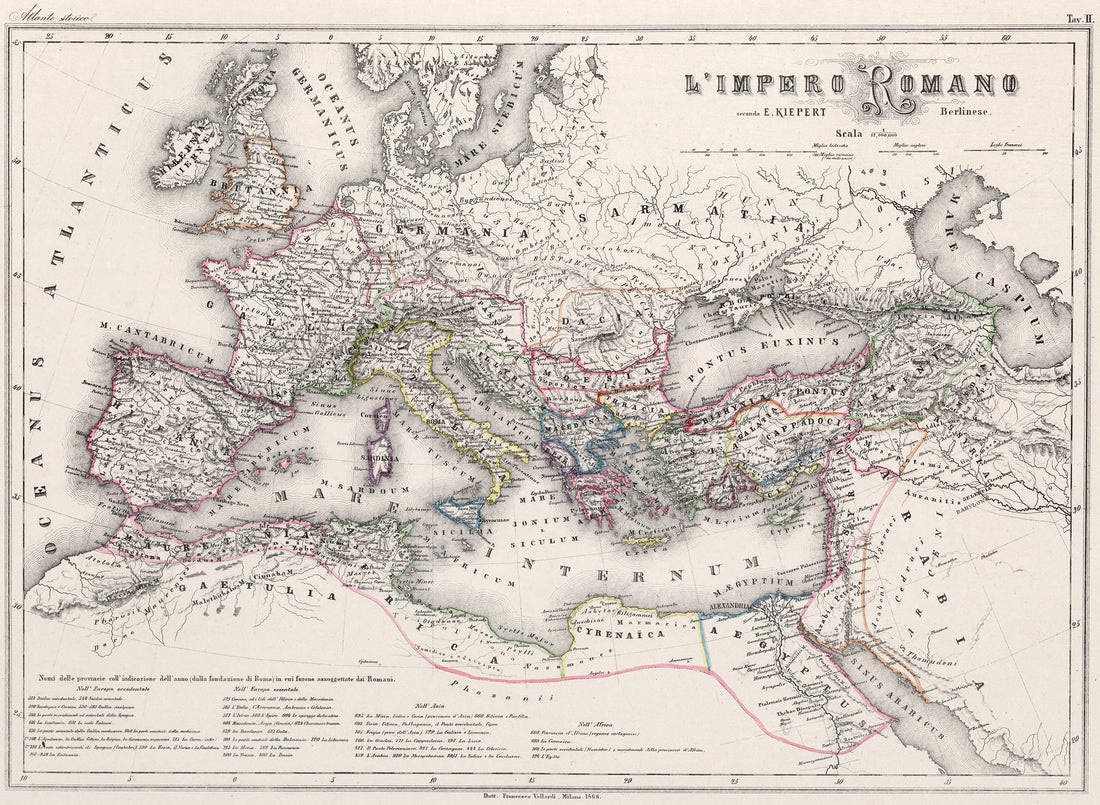
Trajan, the just emperor
Alice PettirossoShare
Trajan, the emperor who defined justice
Trajan , emperor from 98 to 117 AD, has been celebrated throughout the centuries as the embodiment of the ideal ruler: ambitious but just, strong but wise. His figure has become a symbol of the enlightened ruler, capable of uniting power and service to the common good. This combination of virtues has fascinated ancient and modern authors, consolidating Trajan as an example of balance between personal glory and responsibility towards the people.
Pliny the Younger and the Birth of the Myth of the Perfect Ruler
Since his contemporaries, Trajan has given life to the myth of the exemplary ruler. Pliny the Younger, in the Panegyricus , celebrates him as a defender of freedom, praising his wisdom and moderation. He does not limit himself to recalling his glorious military exploits, such as the victorious campaigns against the Dacians, but also emphasizes his ability to build monumental works and promote moral values. For Pliny, Trajan always put the common good above his own glory, a trait that would immortalize his image for centuries to come.
Dio Cassius and the Golden Age of Trajan
Dio Cassius, a historian who lived about a century after Trajan , further enriches the legend of the just emperor . In his Roman History , he describes Trajan 's reign as an era of prosperity and stability, a stark contrast to the instability of previous emperors, such as Domitian. Dio emphasizes how the expansion of the empire to its maximum borders was managed with wisdom and justice, confirming Trajan as an exemplary ruler, capable of maintaining balance even in times of great expansion.
The Christian Myth of Trajan: From the Just Emperor to Divine Salvation
The myth of Trajan does not stop at pagan literature, but is amplified by Christianity in the Middle Ages. One of the most fascinating legends tells that Trajan , despite being a pagan emperor, was saved from eternal damnation thanks to an act of extraordinary justice. Legend has it that, struck by the plea of a desperate widow, Trajan suspended a military campaign to ensure justice for the woman. This gesture attracted divine benevolence, so much so that, according to the story, God resurrected him at the request of Saint Gregory the Great, allowing him to convert and obtain salvation.
Trajan in the Divine Comedy: the meeting between human and divine justice
Dante Alighieri takes up the Christian myth of Trajan in the Divine Comedy , placing him in the Heaven of Jupiter, among the souls of the just. In Canto XX of Paradiso , Trajan is praised for his act of compassion towards the widow, a symbol of a justice that transcends religious differences. Dante uses him as an example of redemption for those who act with righteousness, regardless of their professed faith. Trajan thus becomes a bridge between earthly and divine justice, a symbol of the universality of virtue.
Trajan and Imperial Ambition in Modern Historiography
In the modern age, the figure of Trajan is reread in a more critical light, but without losing his status as a just emperor . Authors such as Edward Gibbon, in his famous work The Decline and Fall of the Roman Empire , reflect on his ambition. Gibbon admires him for his extraordinary military capabilities, but sees in his expansionist campaigns the seed of the future crisis of the empire. Trajan , in fact, brought Rome to its territorial peak, but this expansion, according to Gibbon, ended up weakening the structures of the empire, creating tensions that his successors were unable to manage.
This critical vision, while admiring Trajan 's greatness, emphasizes the long-term consequences of his actions, profoundly influencing the perception of his figure in modern historiography. Trajan remains a complex character, exemplary and controversial at the same time, an emperor who never ceases to fascinate and divide.

